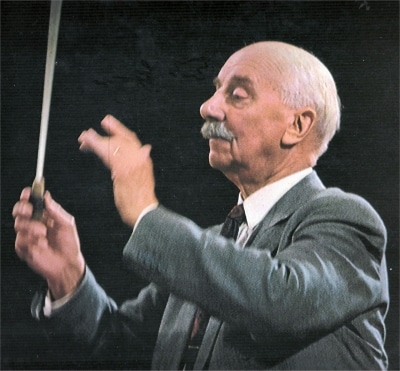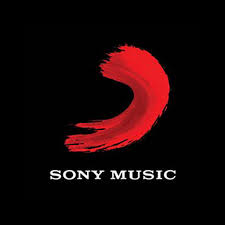Sir Adrian Boult on how to be a lazy conductor
mainFascinating clip from an excavated BBC documentary in the days when not everything had to be explained for a non-existent mass audience.


Fascinating clip from an excavated BBC documentary in the days when not everything had to be explained for a non-existent mass audience.

Having slashed the executive team last July, the…

‘Am I a criminal?’ demands the Greek-Russian conductor…

For 38 consecutive years, the Last Night of…

We’re hearing of mass sackings at the declining…

Session expired
Please log in again. The login page will open in a new tab. After logging in you can close it and return to this page.
Comments